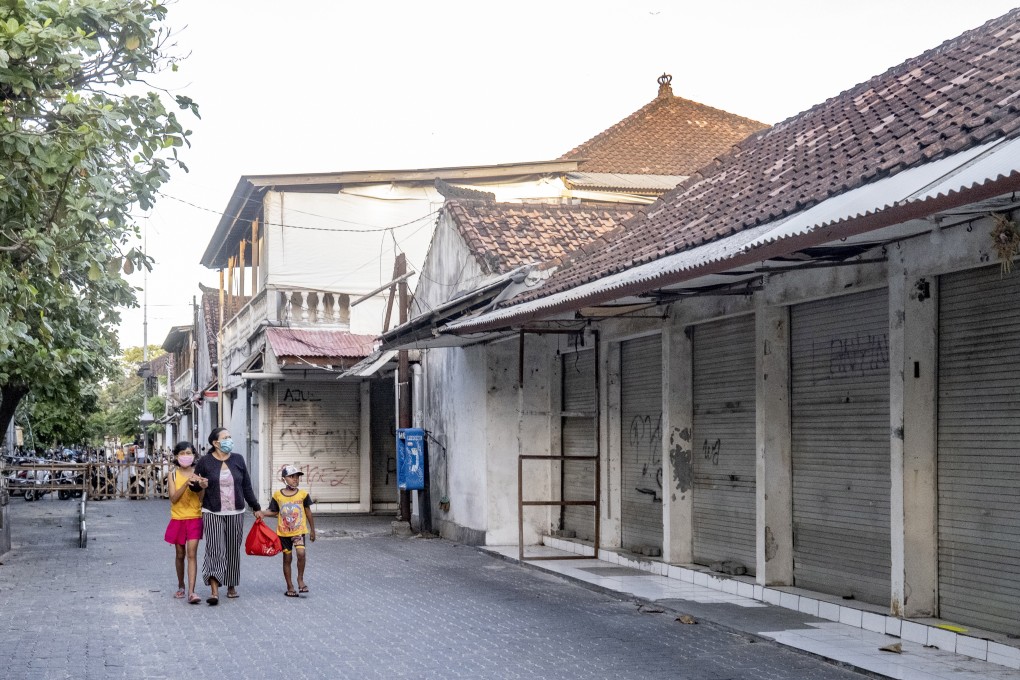Destinations known | Bali’s ‘green zones’ prompt talk of the island reopening – it is probably premature
- The governor of the Indonesian island recently announced it was planning areas where foreign and domestic visitors will be allowed to visit
- But with thousands of Covid-19 cases still being recorded daily and vaccinations just beginning, a border reopening seems like a distant possibility

Bali’s appeal as a destination seemed unshakeable. Google Trends data shows that search volume for the Indonesian island has remained relatively constant over the past five years, with spikes in online searches coinciding with Mount Agung’s volcanic activity in late 2017 and the earthquake of August 2018. In fact, the only thing that has managed to erode its appeal is the inability to get there – since March last year, when Covid-19 reached pandemic proportions and the world ground to a halt, searches have fallen by about half.
So, we’re advising hopeful holidaymakers to take the following news, reported by such reputable publications as the Daily Mail and Bali.com, with a pinch of salt: the Island of the Gods is said to be establishing zones in which tourists can roam freely.
Koster, once again, was the source of the information. Speaking at the launch of the island’s first drive-through vaccination centre, on February 28, the governor said, “[The Bali administration] along with the Health Ministry are formulating green zones, and those green zones are places where both domestic and foreign tourists will be allowed to visit.” This plan does at least appear to have the backing of Indonesia’s government, lending it some credence.

According to news site Coconuts Bali, “Indonesian ministers have also brought up the potential plan recently, including Coordinating Minister for Maritime Affairs and Investment Luhut Pandjaitan, who appears optimistic about declining coronavirus cases in Bali.” While visiting a site that could host another drive-though vaccination centre on the island, Tourism and Creative Economy Minister Sandiaga Uno “also brought up plans to designate some areas in Bali as green [...] Covid-19 zones, explaining that vaccines will be prioritised for popular areas like Nusa Dua, Ubud, Kuta, and Nusa Penida”, according to another Coconuts article.
